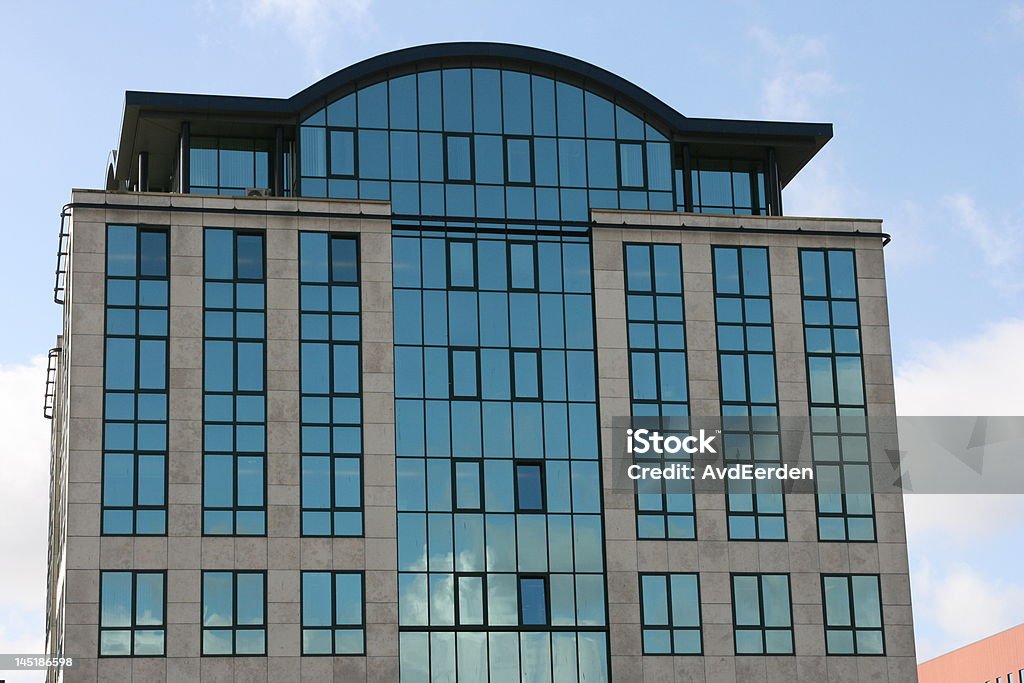Obstacles To Residential Conversions Of Dutch Office Buildings And Shops

Table of Contents
Regulatory Hurdles and Planning Permission
Navigating the Dutch planning system is a complex undertaking, particularly when it comes to converting commercial properties into residential spaces. The process is often lengthy, expensive, and filled with bureaucratic hurdles. Securing the necessary planning permission in the Netherlands requires meticulous attention to detail and can significantly delay project timelines.
- Strict building codes and regulations (Bouwbesluit): The Bouwbesluit, Dutch building regulations, are often geared towards commercial spaces and may not adequately address the specific needs of residential living. Adapting existing structures to meet these standards can be costly and time-consuming.
- Lengthy and expensive application processes for planning permission (vergunningen): Obtaining the necessary vergunningen (permits) is a protracted process, involving multiple applications, consultations, and potential appeals. Legal fees and administrative costs can add considerably to the overall project budget.
- Difficulties in obtaining necessary permits for changes in building usage: Converting a building's designated use from commercial to residential requires specific permits, often subject to stringent criteria and lengthy review periods. Minor deviations from the approved plans can lead to delays or even rejection of the application.
- Neighborhood objections and appeals processes prolonging the conversion timeline: Local residents or businesses may object to proposed conversions, triggering lengthy appeals processes that can further delay projects. Successfully navigating these objections requires careful community engagement and proactive communication.
These regulatory challenges highlight the critical need for streamlined procedures and more flexible interpretations of the Bouwbesluit for residential building regulations concerning conversions.
Financial Constraints and Investment
The financial burden associated with converting Dutch office buildings and shops into residential units is substantial. The high costs involved often deter developers and investors, creating a significant barrier to large-scale conversions.
- Expensive structural work to meet modern residential standards: Older office buildings often require extensive structural reinforcement and modifications to meet modern residential building codes and ensure structural integrity for residential use. This can involve significant demolition and reconstruction.
- Costly upgrades to electrical systems, plumbing, and insulation: Upgrading outdated electrical systems, plumbing, and insulation to meet current energy efficiency standards is crucial for creating comfortable and sustainable living spaces. These upgrades represent a considerable portion of the overall renovation costs.
- Challenges in securing financing due to perceived risks and complexities: Lenders may be hesitant to finance these projects due to the inherent complexities, potential delays, and perceived risks associated with building conversions. The high initial investment and uncertain return on investment can make securing loans difficult.
- Limited government incentives or subsidies for such projects: The availability of government government subsidies or tax breaks specifically for residential renovation financing in the Netherlands is often limited, further hindering private investment in these projects. Increased government support could significantly stimulate the market.
The high conversion costs in the Netherlands necessitates innovative financing models and increased government incentives to attract investment in this crucial sector.
Technical Challenges and Building Characteristics
The structural characteristics and design of many existing office and shop buildings present significant challenges for conversion into residential spaces. Adapting these buildings requires careful consideration of several technical aspects.
- Difficulties adapting office layouts for comfortable living spaces: Traditional office layouts are often not conducive to comfortable living arrangements. Creating spacious, well-lit, and appropriately sized residential units from existing office spaces requires innovative design solutions.
- Issues with natural light and ventilation in older buildings: Older buildings often lack adequate natural light and ventilation, which are crucial for creating healthy and comfortable living environments. Addressing these deficiencies can be costly and complex.
- Soundproofing requirements for multi-unit residential conversions: Meeting stringent soundproofing requirements for multi-unit residential buildings is essential for ensuring privacy and peace of mind for residents. Implementing effective soundproofing measures can significantly increase conversion costs.
- Accessibility requirements for people with disabilities: Ensuring that converted buildings meet accessibility standards for people with disabilities is crucial for inclusivity and compliance with building regulations. Adding ramps, elevators, and other accessibility features can add to the overall cost.
Addressing these building adaptations requires a combination of skilled design, innovative solutions, and a deep understanding of residential design in the Netherlands.
Social and Environmental Considerations
The conversion of commercial buildings into residential spaces has significant social and environmental implications that must be carefully considered.
- Potential displacement of existing businesses or tenants: Conversions may lead to the displacement of existing businesses or tenants, raising concerns about the social impact on the local community. Careful planning and stakeholder engagement are essential to mitigate these impacts.
- Impact on the local character and neighborhood dynamics: Large-scale conversions can significantly alter the character of a neighborhood, potentially affecting its social fabric and dynamics. Maintaining the unique character of the area is a key consideration.
- Opportunities for sustainable building practices (e.g., energy efficiency): Conversions offer an opportunity to implement sustainable building practices, such as improving energy efficiency and using eco-friendly materials. This contributes to creating more environmentally friendly living spaces and reducing the overall carbon footprint.
- Addressing potential environmental hazards during renovations: Older buildings may contain hazardous materials such as asbestos or lead paint, requiring specialized remediation efforts during renovations. Addressing these hazards is crucial for both environmental protection and worker safety.
Careful consideration of the social impact assessment and the incorporation of sustainable conversions are crucial for the long-term success and acceptance of these projects. Promoting urban regeneration through responsible conversions is key to building thriving communities.
Conclusion
Residential conversions of Dutch office buildings and shops offer a significant opportunity to address the Netherlands' housing crisis. However, the path forward is challenging, fraught with regulatory complexities, financial constraints, technical difficulties, and socio-environmental considerations. Overcoming these obstacles necessitates collaborative efforts from the government, developers, architects, and local communities. Streamlined regulations, increased financial incentives, and innovative building solutions are essential for unlocking the potential of these conversions and creating sustainable housing solutions.
Addressing the challenges surrounding residential conversions of Dutch office buildings and shops is crucial for a sustainable housing future. Learn more about the opportunities and obstacles involved and contribute to finding solutions for successful residential conversions in the Netherlands.

Featured Posts
-
 Josh Allen And Hailee Steinfeld The Engagement Her Reaction And Whats Next
May 28, 2025
Josh Allen And Hailee Steinfeld The Engagement Her Reaction And Whats Next
May 28, 2025 -
 Bethlehem Election 2024 Negative Campaigning Takes Center Stage
May 28, 2025
Bethlehem Election 2024 Negative Campaigning Takes Center Stage
May 28, 2025 -
 Avrupa Yi Salkilayan Transfer Ingiliz Devi Anlasmayi Neredeyse Tamamladi
May 28, 2025
Avrupa Yi Salkilayan Transfer Ingiliz Devi Anlasmayi Neredeyse Tamamladi
May 28, 2025 -
 Wes Andersons World Building Archives London Debut
May 28, 2025
Wes Andersons World Building Archives London Debut
May 28, 2025 -
 Hailee Steinfeld Pregnant Is She Expecting A Baby With Josh Allen
May 28, 2025
Hailee Steinfeld Pregnant Is She Expecting A Baby With Josh Allen
May 28, 2025
